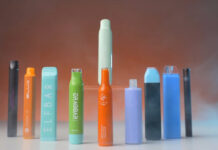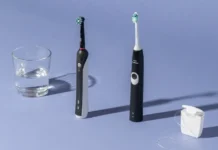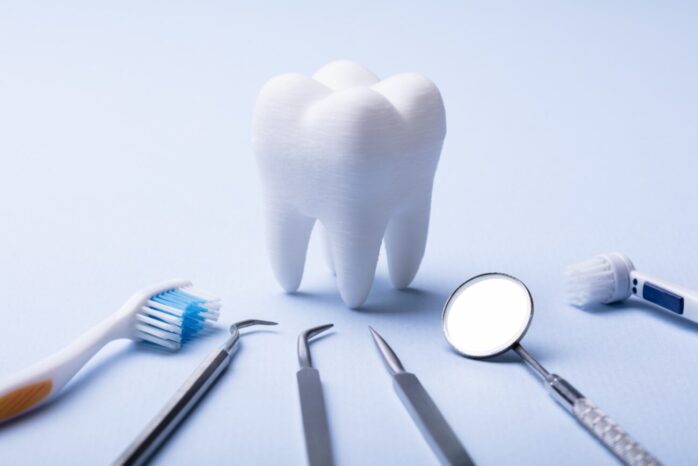
Oral health is essential for more than just having flawless teeth. It is necessary for your overall health. Your mouth is a breeding ground for germs. Your body will suffer if you aren’t flossing, brushing, and rinsing it well. Therefore, taking good care of your teeth should be your priority. However, don’t think brushing, flossing, and rinsing are enough. It is only the beginning. Do more to have marvelous teeth, good breath, and no gum problems. This blog discusses additional practices to ensure good oral health hygiene.
Ensure you are using the proper brushing technique
Yes, there is a right and wrong way to brush, and most people follow the latter one. The right way to brush includes:
- Using a soft-bristled toothbrush
- Brushing at an angle of 45 ° starting at the gumline.
- Brushing outside, inside the teeth, and on the molars.
- Brushing the tongue and gums gently.
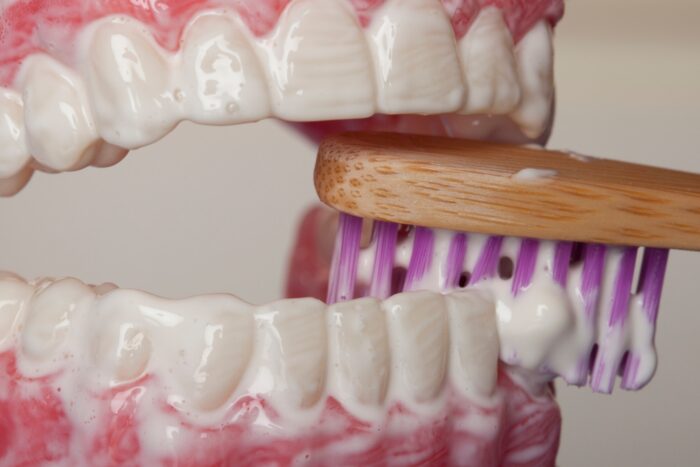
1. Use the right toothbrush
The variety of brushes available on the market is too large, making it challenging to choose the right toothbrush. In this, people forget to look at the essential part, the bristle. Instead, look at the toothbrush’s bristles; they should be soft, and the head size should be medium to small. The rest—color, manual, or electric is up to you.
2. See your dentist regularly
It is recommended to visit the dentist at least twice a year. It’s essential because, during these visits, not only the dentist can clean your teeth. But also catch any health issues early. From gum diseases and tooth decay to cancer and trauma, they can catch anything early if you visit the dentist twice a year or more. Find a dentist who is good and easy on your pocket. Also, don’t keep changing dentists; stick with them if you find a good one.
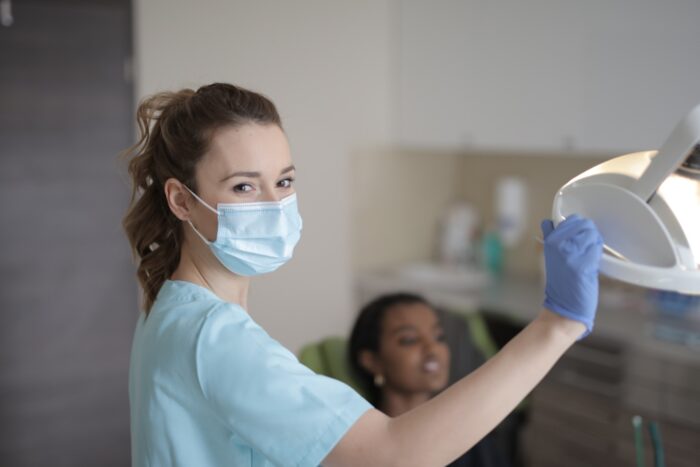
3. Brush thoroughly—at least twice
Some people find brushing tedious. However, brushing breaks up the plaque (home to bacteria) in the mouth. You can have gum disease if you don’t get rid of this layer. It happens because the food you eat leaves particles in your mouth. They accumulate there and can produce acid. It leads to gum diseases, and swallowing these bacteria can make your entire health suffer.
Thus, brush twice daily, once at night and once in the morning. Moreover, if after brushing at night, you eat a snack, brush again. Another thing to remember is to never brush 30 minutes before or after eating anything
4. Floss daily
Flossing is necessary because it removes plaque buildup in areas where the brush cannot reach. Flossing too helps fight gum diseases, which, when left untreated, can cause heart problems and diabetes. Next time you visit the best Bacchus Marsh dentist, ask any questions you have about the proper flossing technique. Also, ask them about the best floss, there are many types, but the dental ribbon is quite popular.
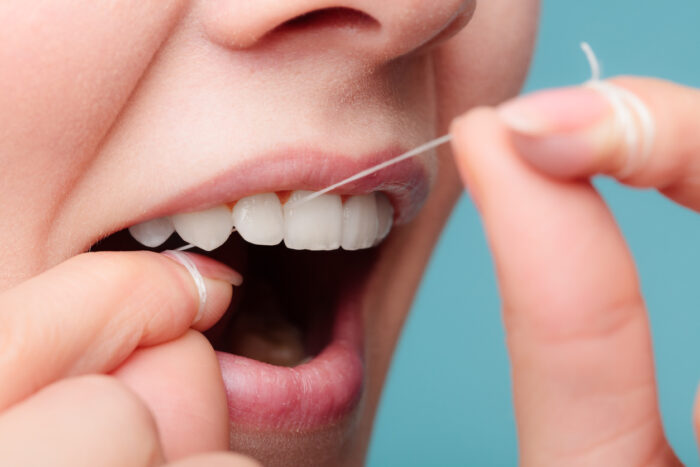
5. Change your diet habits—say no to sugar
The number one reason for tooth decay is sugar. When you over-consume sugar and don’t floss or brush properly, it increases the acidity and bacteria in your mouth. In addition, it increases the amount of plaque, which affects the gums and enamel. So everything from sweetened coffee to ice cream and soda can cause tooth decay. Reduce their intake, and if you consume any of them at night, don’t forget to brush after 30 minutes.
While bidding farewell to sugar is a significant step, embracing a balanced diet is equally crucial for optimal dental health. Incorporate tooth-friendly foods like leafy greens, dairy products, and crunchy fruits and vegetables into your meals. These choices not only promote saliva production, which aids in neutralizing acidity, but also provide essential nutrients for strong teeth and gums. Maintaining a diet rich in calcium and phosphorus strengthens enamel, while avoiding excessive snacking between meals helps minimize the risk of tooth decay. Add Smile Designer to the mix and you can have a pretty smile for eternity. Remember, a nourishing diet complements your dental care routine, ensuring your smile stays radiant and healthy.
6. Change toothbrush regularly
Every dentist recommends changing the toothbrush after three to four months. And if you are sick, like having a cold or cough, change it immediately after you recover. Also, if the soft bristles start feeling brittle or hard, it is time to change the brush immediately.
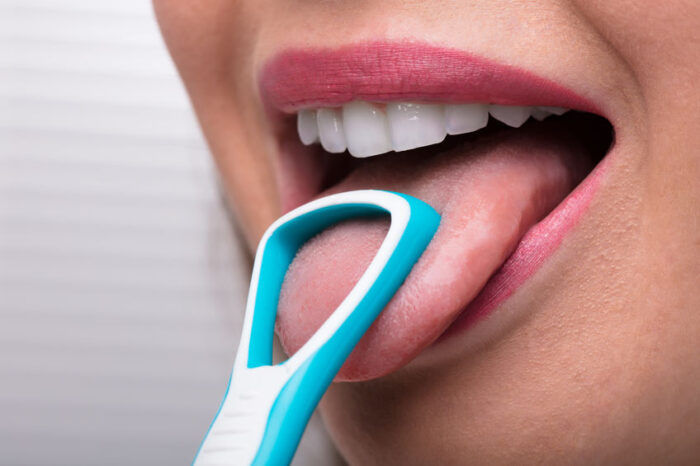
7. Keep your tongue clean
If you don’t use a tongue scraper, start now. It removes excessive bacteria accumulated on your tongue. It not only eliminates bacteria but also ensures your breath is fresh. Buy a separate tongue scraper or use the one that comes with the toothbrush attached.
8. Say no to smoking
Smoking does more harm than good, and your teeth also suffer because of it. For instance, when you smoke, it makes your teeth turn a ghastly shade of yellow. Also, it eats your enamel, making way for gum disease and bacteria.
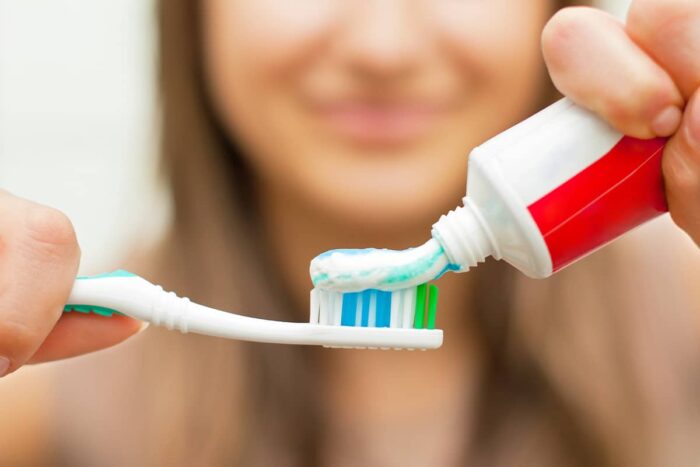
9. Use toothpaste with fluoride
Fluoride in toothpaste is considered an essential element to help prevent cavities. It comes from an element present in Earth’s soil, fluorine. You can find fluoride in multiple mouthwash and toothpaste. Unless your dentist says so, ensure you use toothpaste with one. Not using fluoride for oral health can lead to early tooth decay.
Drink acidic items with a straw
If you love coffee or drinking lemon juice every day, use a straw. Drinking an acidic item without one can cause tooth enamel to shrink. Also, it can cause the teeth to become yellow. So, ensure you use a quality straw for drinking coffee, lemonades, iced tea, and more.
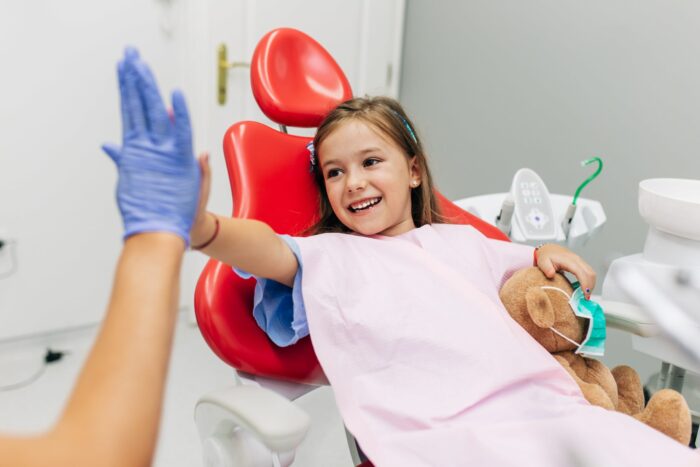
How to keep your kid’s oral health good?
- Even before a baby starts getting teeth, wash the gums with a wet and warm washcloth every day. It will remove sugar from their mouth.
- Try to limit sugary drinks or milk in a sippy cup during bedtime. They have sugar, which can cause teeth to decay as they stay there for a long time.
- As the baby starts getting teeth, start brushing them with a toothpaste a dentist recommends. Make sure you apply a small amount of paste (the size of a rice grain) to their teeth.
- Don’t allow kids up to the age of 4-5 to brush their teeth themselves. They cannot clean their teeth well. Instead, parents or caregivers should brush their teeth themselves. Furthermore, they spit out the entire tube of toothpaste and do not swallow it.
- Never share any utensils with your kid. It can transfer adult bacteria from your mouth to your child’s mouth.
Apart from following these tips, see your dentist immediately if you feel or have:
- Bleeding gums
- Chronic bad breath
- Gum recession
- Tooth decay
- Mouth sores which don’t heal
- Jaw swelling
- Toothache
- Gingivostomatitis
These are signs of poor oral hygiene, so ensure you always get these checked out.
Never take oral hygiene lightly. Follow these steps to ensure your teeth, gums, and tongue are in the best health. After all, oral health reflects your entire health.


